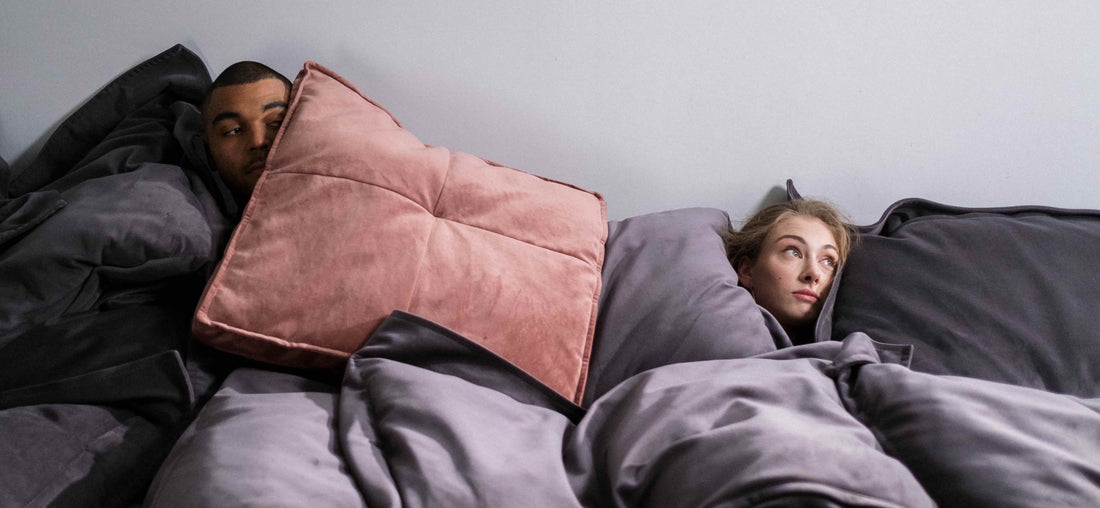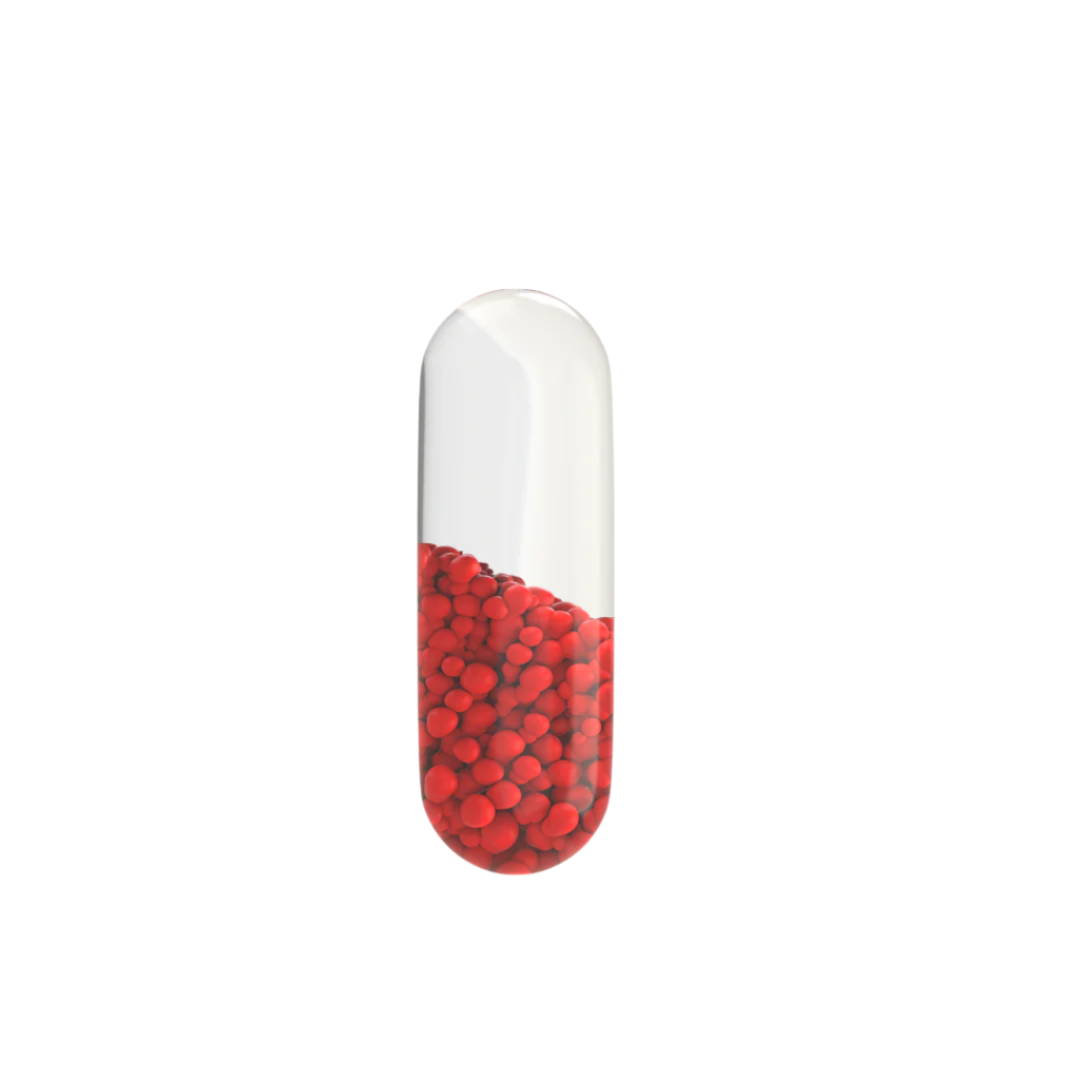The Connection Between Sleep and Depression: How to Manage Both

Sleep and mental health are two fundamental pillars of our well-being, intricately interconnected and profoundly influencing each other. Adequate and restorative sleep is essential for optimal cognitive function, emotional well-being, and physical health. Conversely, depression, a prevalent mental health condition affecting millions worldwide, often disrupts sleep patterns and contributes to sleep disturbances. In this blog, we will delve into the intricate relationship between sleep and depression, shedding light on the impact of each on the other. Furthermore, we will provide practical strategies and evidence-based approaches to manage both sleep and depression effectively, empowering individuals to enhance their quality of life and achieve better overall well-being. Numerous studies have revealed a bidirectional relationship between sleep disturbances and depression. Sleep disturbances, such as insomnia or excessive sleepiness, are prevalent symptoms of depression. Research suggests that insomnia is a vital risk factor for developing depression, and symptoms can persist even after the remission of depressive episodes. On the other hand, insufficient or poor-quality sleep can intensify depressive symptoms, leading to a vicious cycle of sleep deprivation and worsening mental health.

Sleep Deprivation and Depression:
Sleep deprivation and depression are strongly intertwined, often exacerbating each other. Chronic sleep deprivation, whether caused by insomnia, sleep disorders, or lifestyle factors, can significantly increase the risk of developing depression. When individuals consistently lack sufficient sleep, it impairs various aspects of their mental health. Mood regulation is particularly affected, as sleep deprivation disrupts the brain's ability to process and regulate emotions effectively. As a result, individuals may experience heightened irritability, mood swings, and negativity. Cognitive function also suffers, with reduced attention, concentration, and problem-solving abilities becoming evident. Emotional resilience is compromised, making individuals more vulnerable to stress and less capable of coping with daily challenges.
The impact of sleep deprivation on depressive symptoms goes beyond these immediate effects. Sleep deprivation can initiate and perpetuate a vicious cycle where depressive symptoms lead to poor sleep, which, in turn, worsens the symptoms of depression. Research has shown that sleep deprivation can amplify negative thinking patterns and increase the intensity of negative emotions. The brain's reward centre becomes less responsive, reducing the ability to experience pleasure or find joy in activities. Sleep deprivation also disrupts the balance of neurotransmitters and hormones involved in mood regulation, such as serotonin and cortisol. These imbalances further contribute to the development and persistence of depressive symptoms.
Addressing sleep deprivation is an essential component of managing and treating depression. Improving sleep quality can positively impact mental health outcomes and even alleviate depressive symptoms.

Insomnia and Depression:
Insomnia and depression often coexist, forming a complex and bidirectional relationship that has been extensively studied. Insomnia, characterised by difficulty falling or staying asleep, is highly prevalent among individuals with depression. It is both a symptom and a risk factor for developing depressive disorders. Research suggests that insomnia is a prodromal symptom occurring before the onset of depression, and it may persist even after depressive symptoms have improved. The relationship between insomnia and depression is intricate, with each condition influencing and exacerbating the other.
Insomnia can intensify depressive symptoms and contribute to maintaining the depressive cycle. Sleep disturbances can lead to feelings of fatigue, irritability, and impaired concentration during the day, such as difficulty falling asleep or waking up too early. The lack of restorative sleep impairs cognitive function and emotional regulation, making it challenging to break free from the negative thought patterns and emotional distress associated with depression. Sleep deprivation can further impair mood regulation by disrupting the balance of neurotransmitters and hormones involved in emotional well-being.
On the other hand, depressive symptoms can significantly contribute to the development and persistence of insomnia. Feelings of sadness, anxiety, and rumination can interfere with sleep initiation and maintenance. The hyperarousal and increased cognitive activity associated with depression can make it difficult for individuals to relax and fall asleep. Additionally, the disregulation of the stress response system in depression can lead to increased activation of the body's physiological stress response, further disrupting sleep patterns.
Addressing insomnia is crucial in the management and treatment of depression. By targeting and improving sleep quality, individuals with depression can experience a reduction in depressive symptoms. Evidence-based treatments such as cognitive-behavioural therapy for insomnia (CBT-I) effectively alleviate insomnia and improve sleep quality. CBT-I focuses on identifying and modifying negative thoughts and behaviours related to sleep, implementing relaxation techniques, and establishing a regular sleep-wake schedule. This comprehensive approach improves sleep and helps individuals break the cycle of insomnia and depression.
It is essential for individuals experiencing both insomnia and depression to seek professional help. Mental health professionals can provide a thorough assessment, diagnose any underlying sleep disorders, and develop a tailored treatment plan. In some cases, medications may be prescribed to target both insomnia and depressive symptoms.

Sleep Architecture and Depression:
Sleep architecture refers to the different stages of sleep, including non-rapid eye movement (NREM) sleep and rapid eye movement (REM) sleep. Disruptions in sleep architecture have been observed in individuals with depression, highlighting another aspect of the intricate relationship between sleep and mental health. Studies have shown that depressed individuals often experience abnormalities in their sleep architecture, such as reduced REM latency (the time it takes to enter REM sleep) and increased REM density (higher frequency of REM sleep). These alterations in sleep architecture can have significant implications for emotional processing and regulation. REM sleep is crucial for consolidating memories, processing emotions, and regulating mood. Disturbances in REM sleep can lead to difficulties in emotional regulation, making individuals more susceptible to depressive symptoms.Furthermore, inadequate or fragmented REM sleep can contribute to the persistence of negative emotions and the overall maintenance of depressive episodes. Understanding the impact of sleep architecture on depression is essential for developing targeted interventions. Further research is needed to explore the underlying mechanisms and potential therapeutic approaches to modulate sleep architecture in individuals with depression, ultimately improving their sleep quality and mental well-being

Strategies to Manage Sleep and Depression:
- Consistent Sleep Routine: Maintaining a regular sleep-wake schedule is crucial for regulating your internal body clock, known as the circadian rhythm. Going to bed and waking up simultaneously each day, even on weekends, helps synchronise your sleep patterns and promotes better sleep quality. Consistency in your sleep routine reinforces the body's natural sleep-wake cycle, making it easier to fall asleep and wake up refreshed.
- Create a Sleep-Friendly Environment: A sleep-friendly bedroom environment can significantly improve sleep quality. Keep your bedroom calm, dark, and quiet. Use blackout curtains or an eye mask to block out external light, reduce noise with earplugs or a white noise machine, and maintain a comfortable temperature. Removing electronic devices, such as smartphones and tablets, from the bedroom helps minimise distractions and reduces exposure to blue light, which can suppress melatonin production and interfere with sleep.
- Practice Relaxation Techniques: Relaxation techniques before bed can help calm the mind and prepare the body for sleep. Deep breathing exercises, such as diaphragmatic breathing or the 4-7-8 method, promote relaxation and reduce anxiety. Meditation and mindfulness practices can also be beneficial in quieting the mind and encouraging a state of relaxation conducive to sleep. Progressive muscle relaxation, where you systematically tense and relax each muscle group, can release tension and promote physical and mental peace.
- Limit Stimulants and Alcohol: Pay attention to your consumption of stimulants like caffeine and nicotine, especially in the hours leading up to bedtime. Both substances can interfere with sleep by increasing alertness and delaying sleep onset. It's advisable to avoid or limit the intake of these substances, especially in the evening. Additionally, while alcohol may initially induce drowsiness, it can disrupt the sleep cycle, leading to fragmented and less restorative sleep. It's best to moderate or avoid alcohol consumption, particularly close to bedtime.
- Seek Professional Help: If sleep disturbances and depressive symptoms persist despite self-help strategies, it is crucial to seek professional help. Consult with a mental health professional, such as a psychiatrist or therapist, who can comprehensively assess your condition. They can recommend appropriate treatment options tailored to your needs, including therapy, medication, or a combination. Professional guidance can help address the underlying causes of sleep and depressive issues and provide practical strategies for managing both conditions.
Conclusion
In conclusion, the relationship between sleep and depression is complex and bidirectional. Sleep disturbances, particularly insomnia, are common among individuals with depression and can serve as symptoms and risk factors for developing depressive disorders. Similarly, depression can significantly contribute to the persistence of sleep problems, creating a cycle that further exacerbates both conditions.
Sleep deprivation and poor sleep quality impaired mood regulation, cognitive function, and emotional resilience, making individuals more susceptible to depressive symptoms. Conversely, depressive symptoms, such as sadness, anxiety, and rumination, can disrupt sleep initiation and maintenance, leading to insomnia and fragmented sleep.
Addressing both sleep and depression is crucial for comprehensive mental health care. Improving sleep quality can positively impact depressive symptoms, while effectively managing depression can alleviate sleep disturbances. Strategies such as establishing a consistent sleep routine, creating a sleep-friendly environment, practising relaxation techniques, and seeking professional help can all contribute to better sleep and mental well-being. It is essential to recognise that each individual's experience with sleep and depression is unique, and tailored approaches are necessary for effective management. Seeking professional help from mental health practitioners, including therapists and sleep specialists, can provide valuable guidance and evidence-based interventions to address sleep and depression.
By acknowledging the intricate connection between sleep and depression and implementing appropriate strategies, individuals can break the cycle of sleep disturbances and depressive symptoms, ultimately improving their overall quality of life and well-being. Prioritising sleep hygiene and mental health care is vital to achieving better sleep and managing depression for a healthier, happier life.
References
- https://pubmed.ncbi.nlm.nih.gov/21300408/
- https://pubmed.ncbi.nlm.nih.gov/19170404/
- https://pubmed.ncbi.nlm.nih.gov/19909664/
- https://pubmed.ncbi.nlm.nih.gov/28616860/
- https://pubmed.ncbi.nlm.nih.gov/19481481/
- https://www.ncbi.nlm.nih.gov/pmc/articles/PMC3443763/
- https://pubmed.ncbi.nlm.nih.gov/16259539/
- https://www.ncbi.nlm.nih.gov/pmc/articles/PMC3493205/







